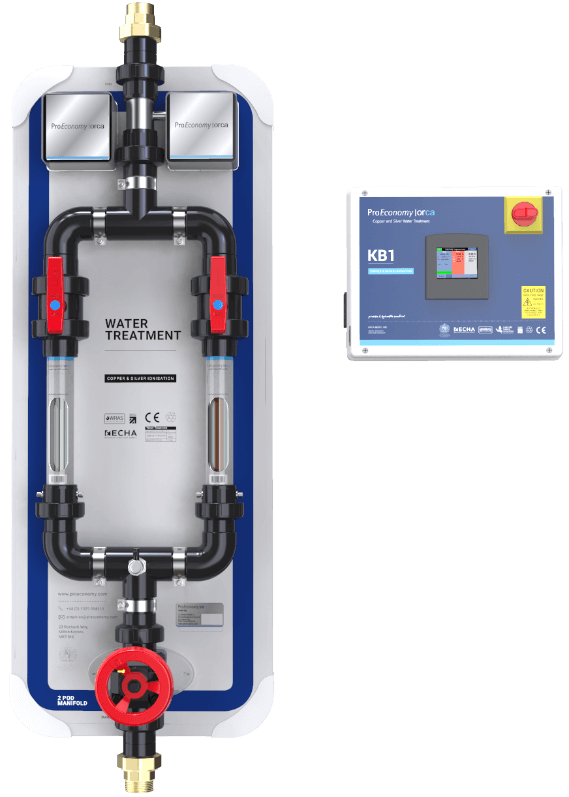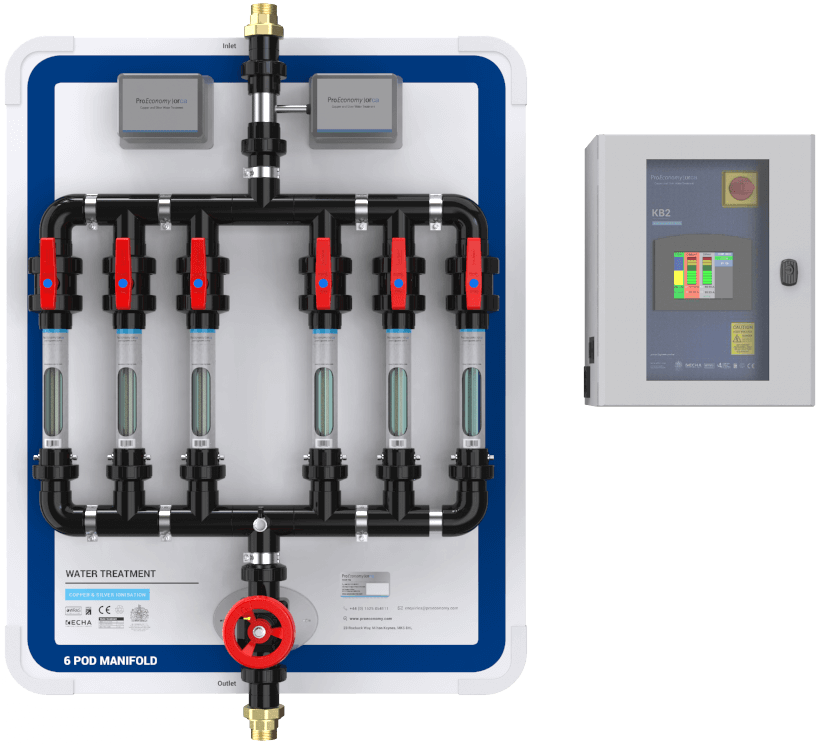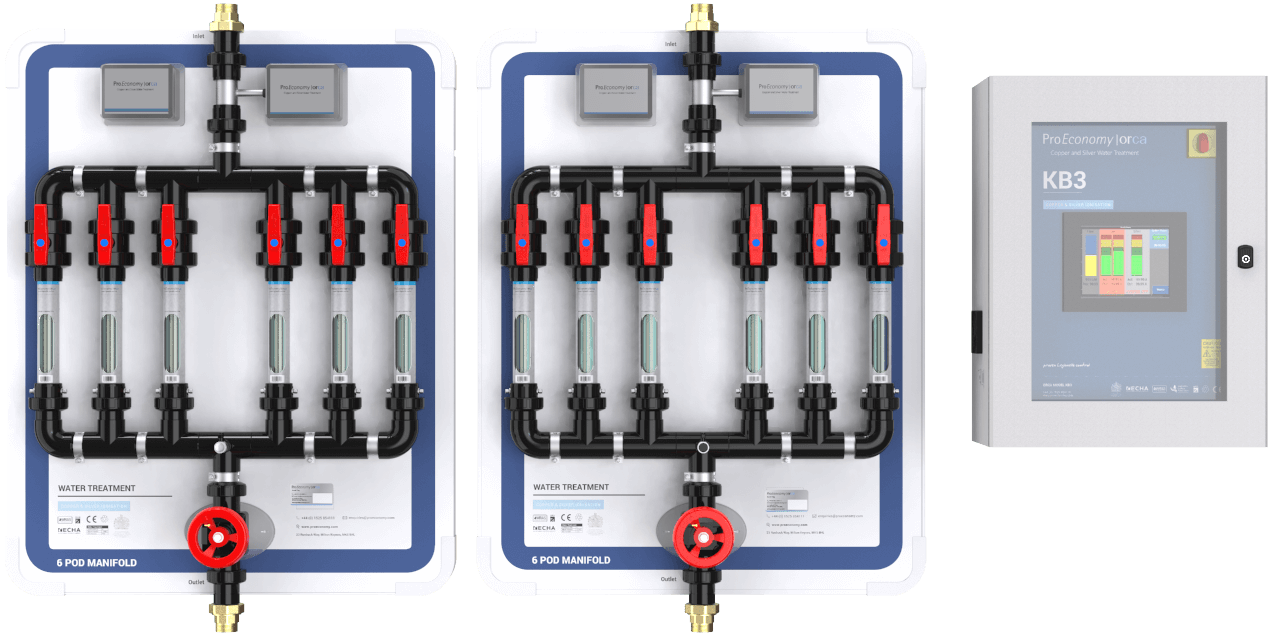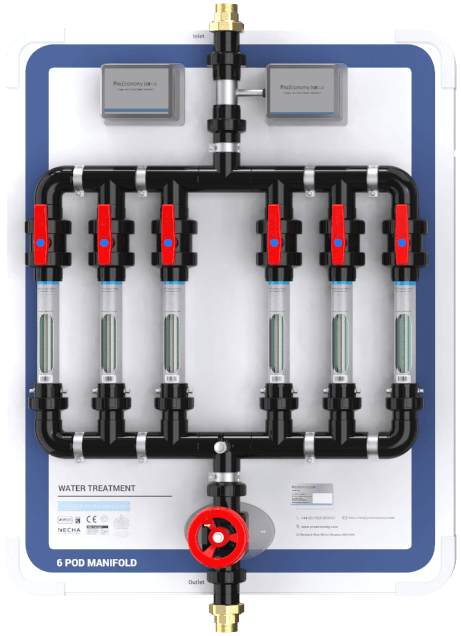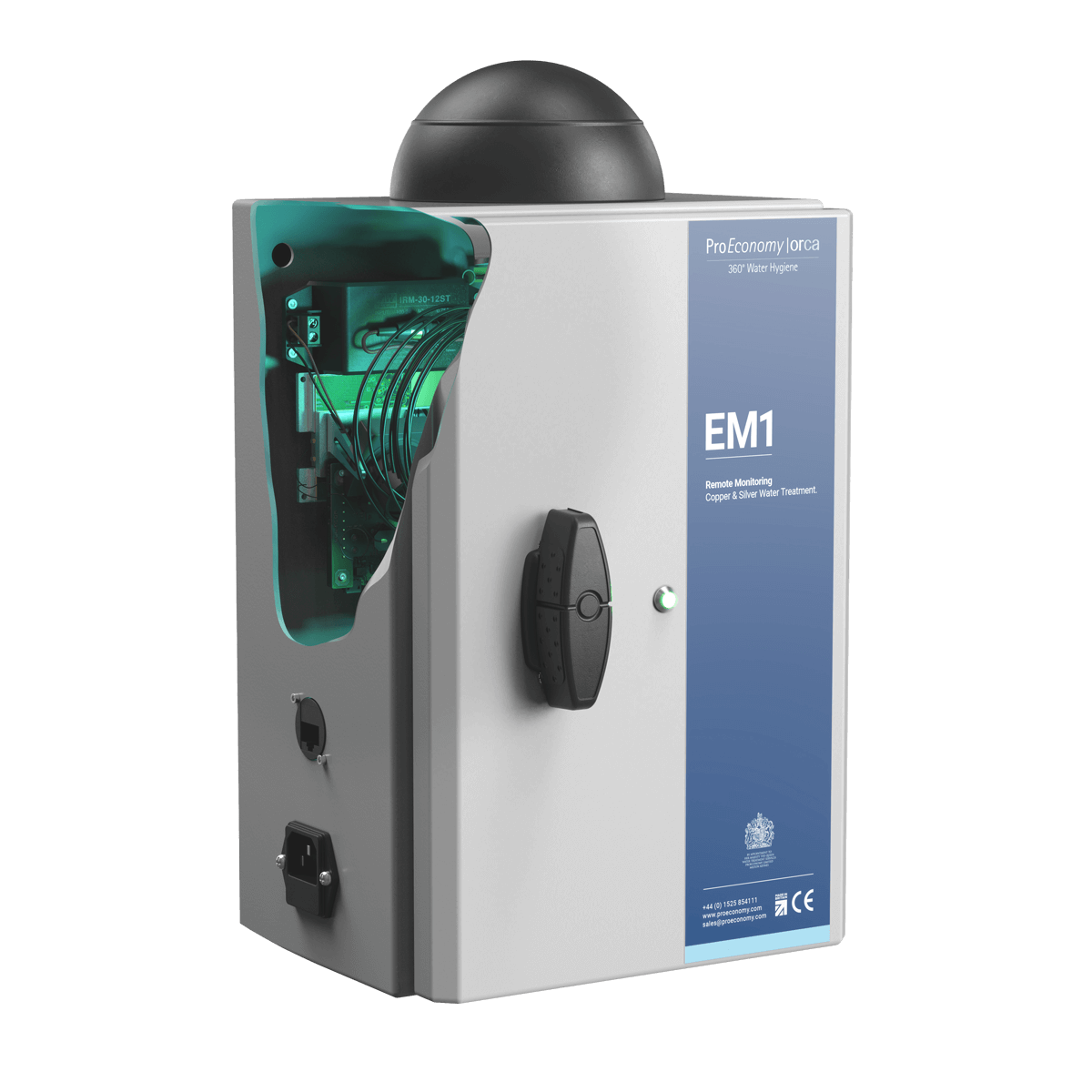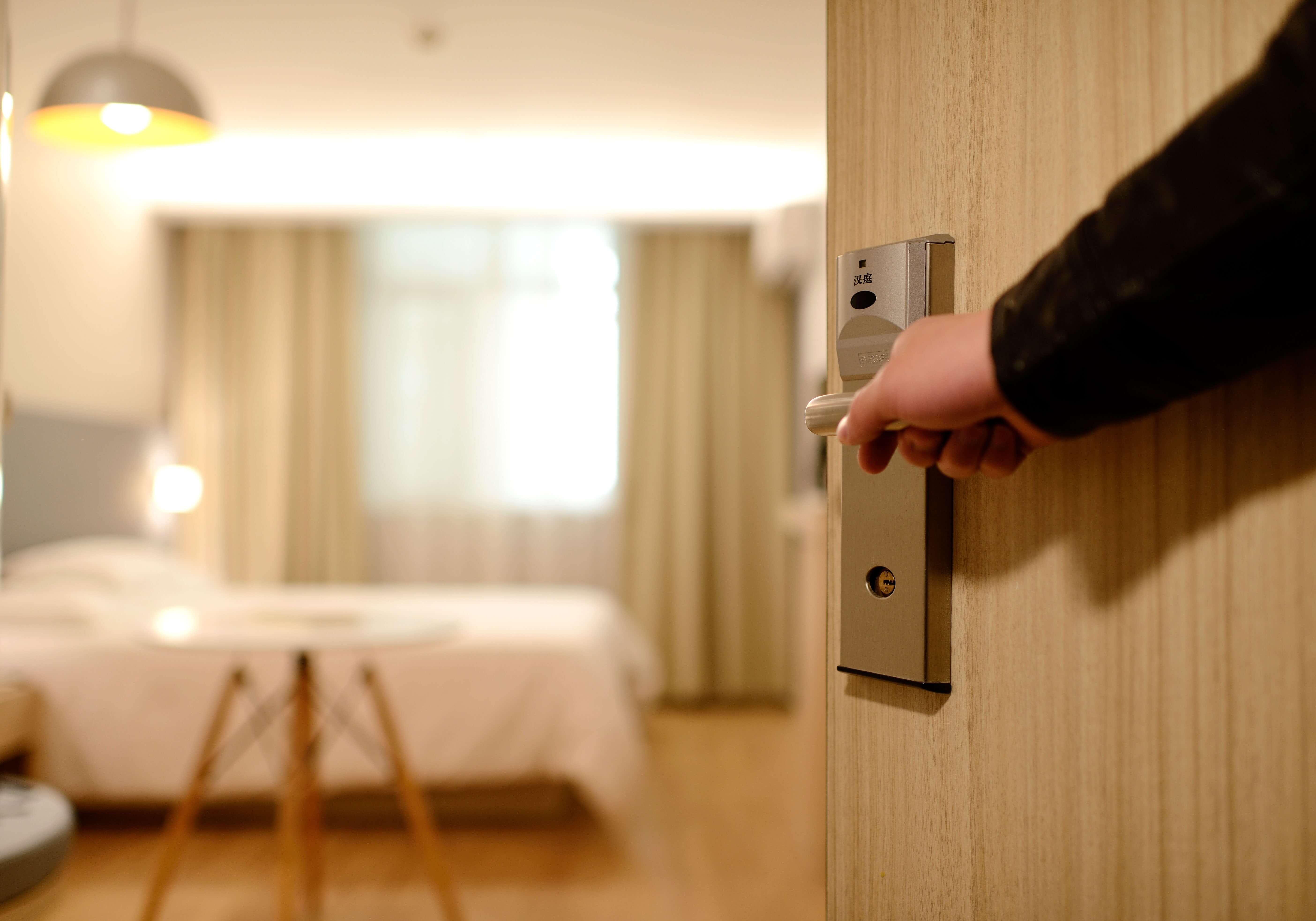
Hotels use endless amounts of water each day, and are home to multitudes of hotel guests and staff, making Legionella control critical.
It also means that the impact of a Legionella outbreak on hotels can be colossal. From the safety of guests to the hotel’s long-term reputation and economic stability, we explore the impact of a Legionella outbreak in this blog and discuss how it can be prevented with the Orca copper silver ionisation system.
Guest Safety
The most important impact of a Legionella outbreak is 100% guest and staff safety.
Hotels use water for their everyday function, including: showers and taps, swimming pools, hot tubs, food production and drinking facilities. If Legionella is present in these water sources guests can inhale it in small water droplets. Once inhaled, the bacteria can cause infections such as Legionnaires Disease. This is predominantly in those most vulnerable, such as those who are immunocompromised or those over the age of 55.
Contracting Legionnaires Disease can cause severe illness and even death, as was sadly demonstrated by the recent outbreak of Legionella at The Sheraton Hotel in Atlanta which left one person dead and over a dozen ill. Consequently, it is critical that hotels install a proven water treatment modality to keep guests safe.
Economic Impact
After an outbreak of Legionella, hotels are guaranteed to feel some degree of financial strain. Hotels will have to close following an outbreak while investigations take place and to prevent any further risk to guests. During this time, hotels will inevitably lose money and profits will consequently take a dip. In fact, Legionella outbreaks at hotels can even have an impact on the town or city’s economy and tourism industry. If bookings drop at a hotel, neighbouring events, restaurants and businesses are also likely to feel a hit.
But, the economic impact doesn’t stop there. Investigations will take place and a proven water treatment modality will have to subsequently be put in place, all of which will cost the hotel. Commenting on the outbreak at The Sheraton Hotel in Atlanta, reporter Amy Wenk claims the hotel could be ‘easily losing $1 million in gross revenue if not closer to $2 million’ – a calculation based solely on hotel occupancy and room rates, not the cost of repair, and of course, the long term impact of a Legionella outbreak on the hotel’s reputation and success.
Hotel Reputation
A larger cost than closures and investigations is the long term impact a Legionella outbreak has on a hotel’s reputation.
As Amy Wenk again states: ‘Anybody who Googles this hotel from this point on is going to come up with these news reports’.
When away on business or leisure, hotel guests want to feel safe. Damning reports about Legionella outbreaks are not going to help with that. Negative reviews or press will instantly deter guests and they’re likely to choose the competitor down the road. The amount of positive marketing and PR that would be needed to try and override such news reports is colossal. And, unfortunately, no price or quick-fix marketing campaign can quickly paint over a bad reputation.
How Can Hotels Prevent A Legionella Outbreak?
As the impact of a Legionella outbreak is so vast, it is vital that hotels control Legionella. One way facilities managers can ensure water safety is by installing a proven water treatment modality.
The Orca copper silver ionisation system has successfully controlled Legionella in every site it has been installed in, including The Lygon Arms and Peebles Hydro Hotel. Meanwhile, our cloud based water management system, Tetras, helps facilities managers to manage the way water samples are collected, tracked and analysed. Therefore, any water issues are detected and treated before contamination of the hotel water occurs.
By using our advanced water treatment and management service, you will control Legionella, keeping guests safe and your site compliant.
To check for Legionella counts at your hotel, book a free water site survey. Alternatively, contact us for more information on Legionella control for hotels.
